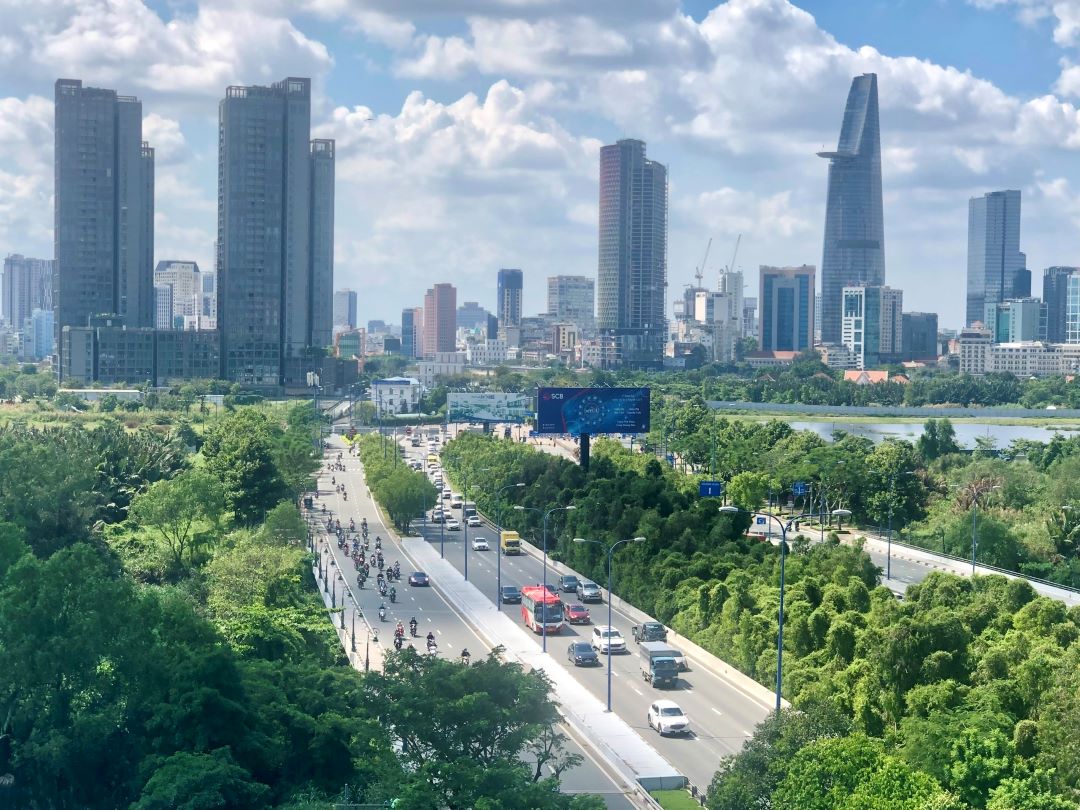Smaller Southeast Asian nations are most at risk from increasing geopolitical tensions, the slow retreat from globalization that is increasing trade barriers, and a fractured and volatile global society taking a growing interest and influence on politics and business. Vietnam like its neighbors has to tread a delicate line in diplomacy and statesmanship to protect and grow an economy that depends on maintaining open trading channels globally, and in particular managing relations with the world’s two largest economies, China and the U.S. The trade war between the two economic giants shows no signs of abating with Biden last month slapping 100% tariffs on all EVs imported from China and re-instating Trump-era solar panel tax while Trump, possibly his successor, is threatening about 10% tariff on all imports from China if he wins office again. That may happen in November when the U.S. goes to the polls. With far-right groups making major gains in the EU elections on June 10 and Indian Prime Minister Narendra Modi’s National Democratic Alliance winning far fewer Parliamentary seats than expected, the complexity of the political and trading landscape is likely to increase, further challenging growth. The rise of Vietnam But, amid all this change, Vietnam […]
Vietnam’s pathway forward amidst global uncertainty
By Nick Wood (*) and Arthur Do (**)









